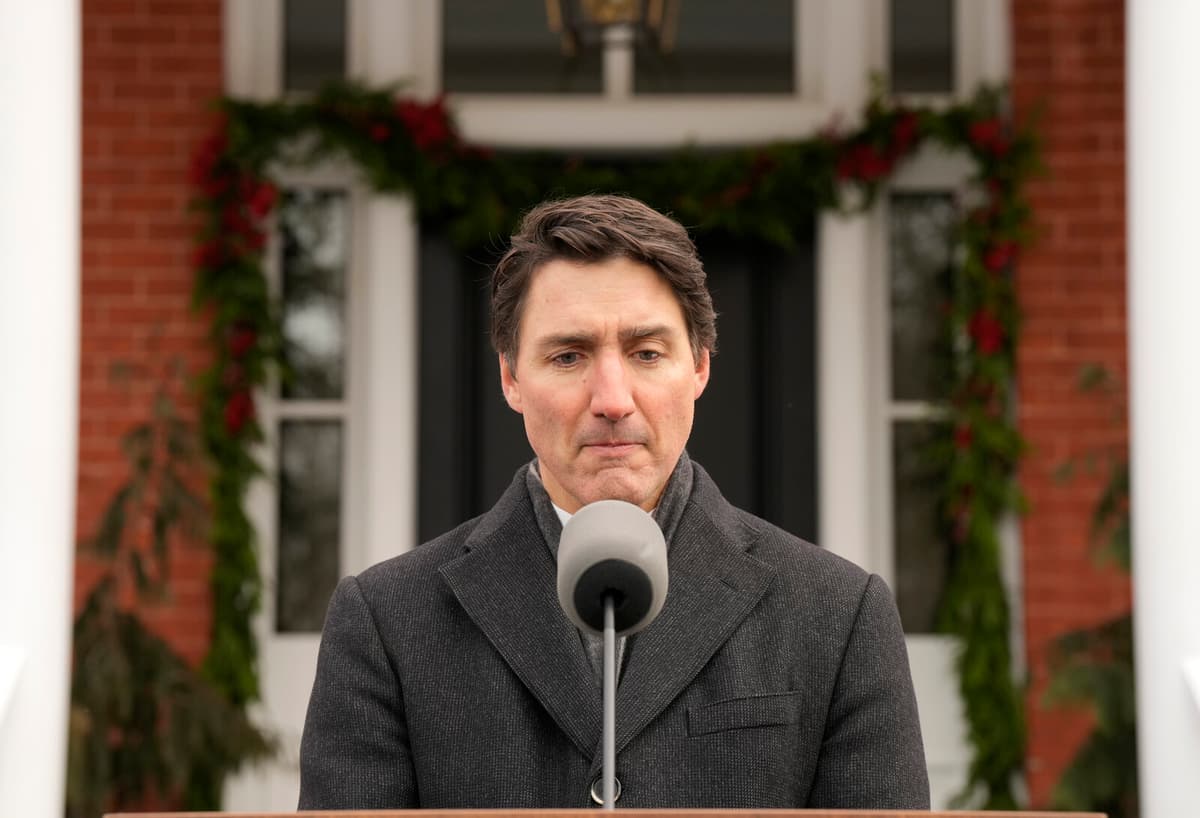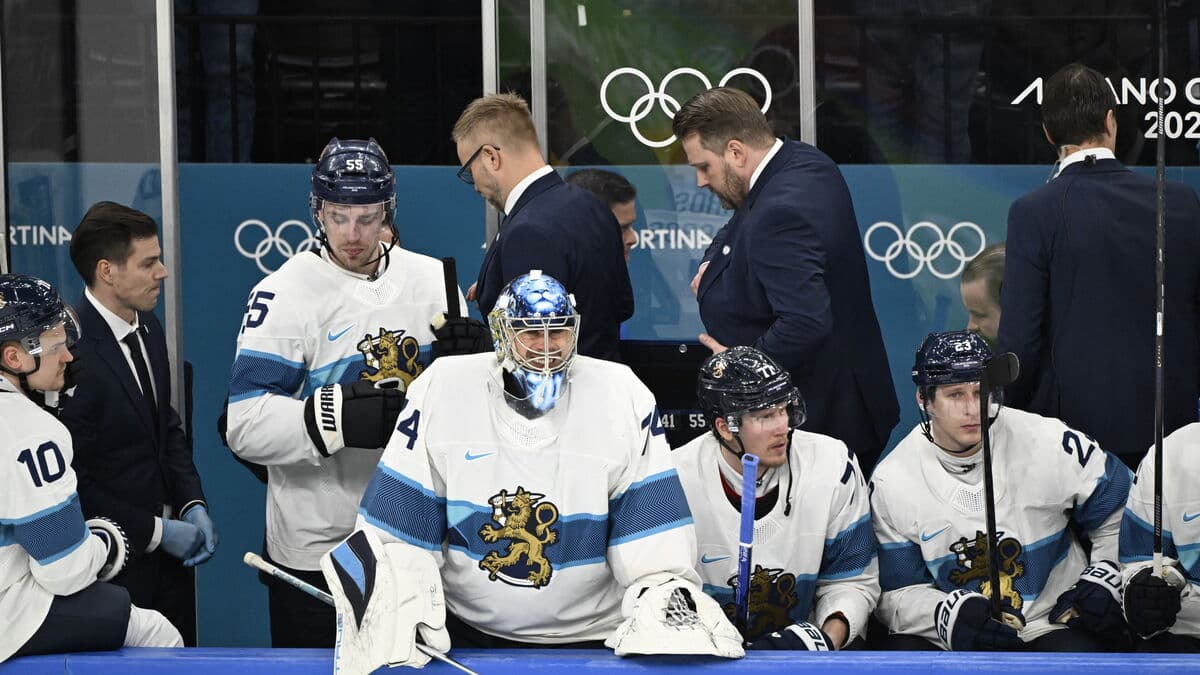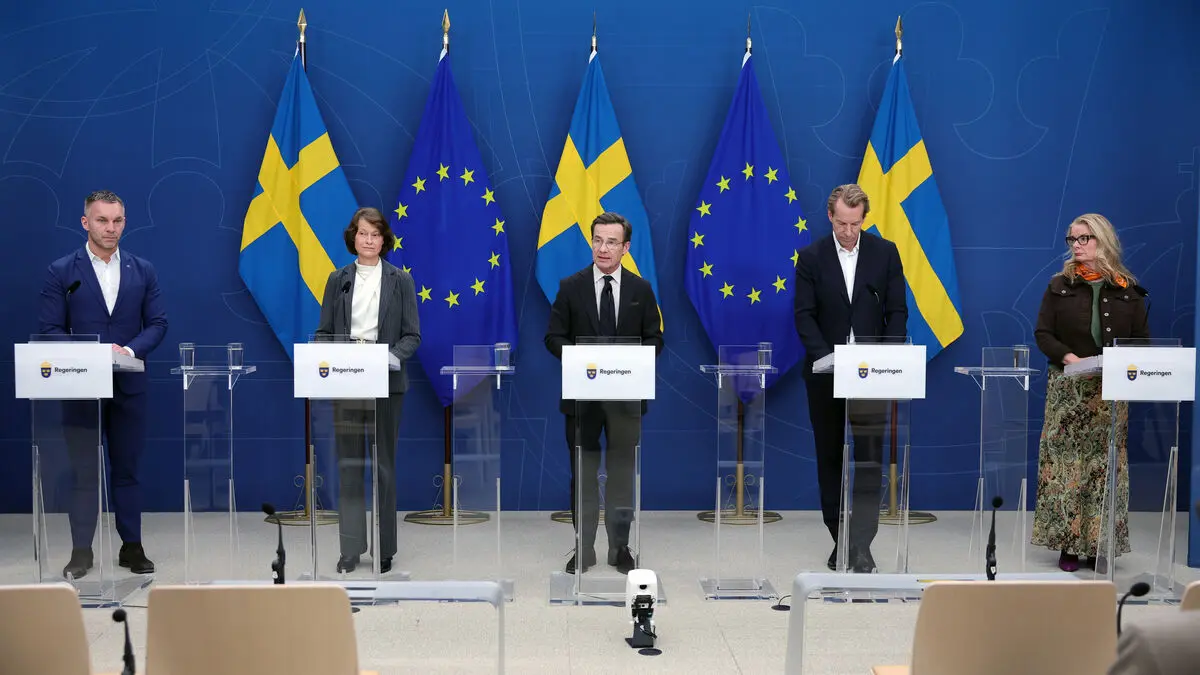Trudeau, who has governed Canada since 2015, says outside his residence in Rideau Cottage in Ottawa that he is proud of what he and the Liberal Party have achieved in power, but that he is not the right person to lead the country and party forward.
I am a fighter. I do not back down easily when I am faced with a struggle, especially not when it is such an important battle as for our party and our country. But I do it for the Canadians' best.
He says that he will remain as prime minister and party leader for the Liberals until a new leader has been elected, and that he "with excitement" looks forward to that election.
Survived vote of no confidence
The once very popular leader has seen his glory fade over the past year, not least due to increased living costs, and both within and outside his own Liberal Party, demands for his resignation have grown.
The three largest opposition parties in parliament have, according to AP, all said they are ready to bring down Trudeau's minority government. Within his own Liberal Party, over 20 parliamentarians have internally demanded the leader's resignation, according to public service broadcaster CBC.
The Liberals governed together with the social democratic NDP until September, when they jumped out of the cooperation. Trudeau cleared a vote of no confidence shortly afterwards, but since then the crisis has deepened further.
In mid-December, Finance Minister Chrystia Freeland, one of Trudeau's closest confidants, resigned. She explained her departure by saying it was her only "honest and possible" choice after the prime minister offered her another portfolio in the government.
Loss likely
Trudeau's resignation could save the battered Liberal Party from facing a new vote of no confidence when parliament opens for the year – an opening Trudeau has moved forward to March 24.
The Liberals would most likely then be defeated and forced to call a new election – where they would almost certainly lose power to the Conservative Party.
But even if the Liberals were to avert the threat of a new election, general elections would have to be called at some point during 2025.
Martin Yngve/TT
Facts: Justin Trudeau
TT
53-year-old Justin Trudeau was born on Christmas Day 1971 in Ottawa, Canada. He is the son of Pierre Trudeau, who was prime minister between 1968 and 1979, and between 1980 and 1984.
Justin Trudeau is the outgoing party leader for the Liberal Party, the same party his father led, and a former member of parliament. He became prime minister in 2015, after an election he won through promises of sunny and positive politics.
He was then something of a star in social media, where he showed off his athletic side (running, skiing, surfing, boxing, and yoga). Has worked as a teacher and actor, and studied geography and environmental science before becoming a politician full-time.
Married to Sophie Gregoire, but the couple separated in 2023. They have three children.
Justin Trudeau, the Liberal Party, took office as prime minister in 2015 after a change of power that is often attributed to Trudeau's leadership style and ideas about strengthening the middle class and benefiting low-income families. He promised rapid changes and created a widely discussed, evenly gender-balanced government.
Trudeau began a new period after the 2019 election, but with weaker support than the previous period.
In the 2021 election, the Liberal Party retained power, despite not gaining its own majority. Instead, the party governed in coalition with the social democratic NDP, which jumped out of the cooperation in September last year.
Canada's parliament consists of two chambers: the House of Commons, which is elected by the people, and the Senate, which is appointed by the government. The House of Commons consists of 338 members, and the largest parties are the Liberal Party and the Conservative Party, which have long dominated the political landscape.
The Senate has 105 members.
Canada is the world's second-largest country in terms of area. At the same time, it is one of the world's most sparsely populated countries, with about 4 inhabitants per square kilometer. The corresponding figure for Sweden is 25.
About 60 percent of Canada's approximately 38 million inhabitants live in the provinces of Ontario and Québec.
Source: UI/Landguiden






